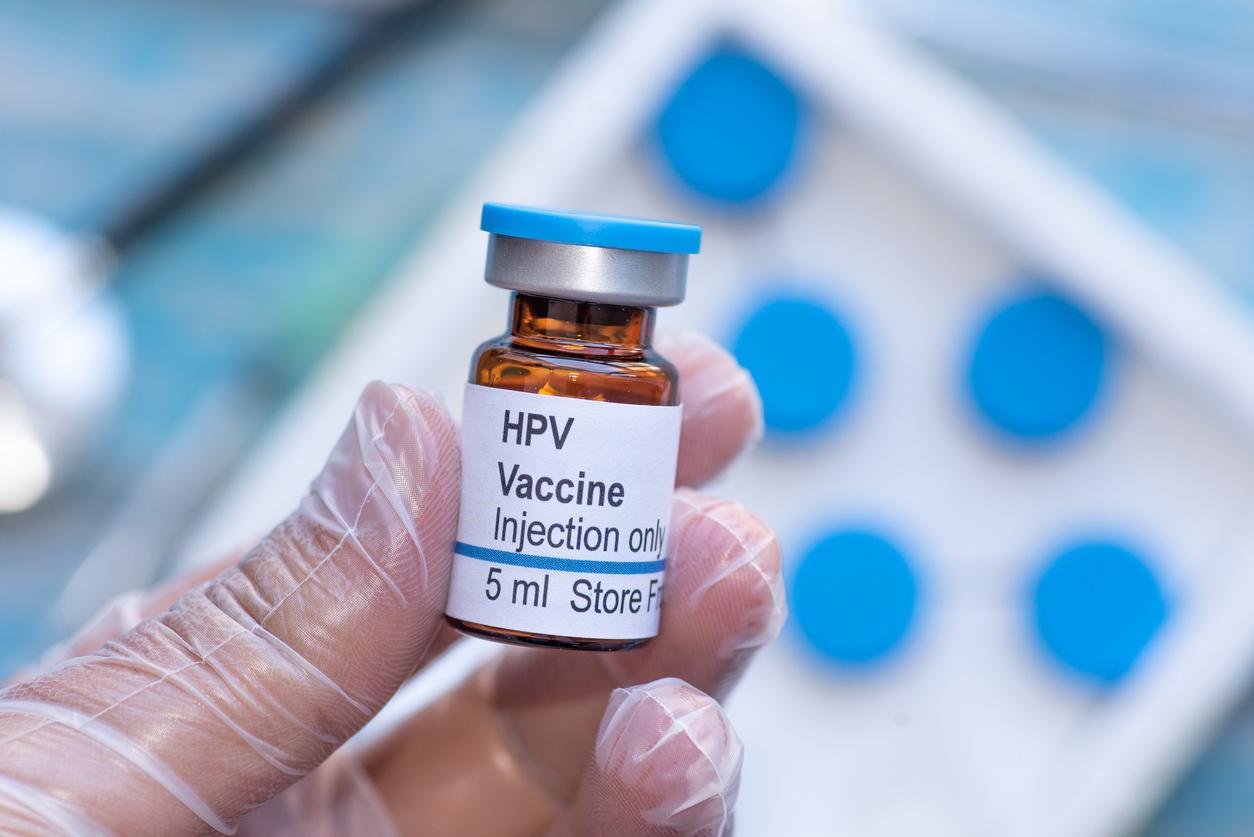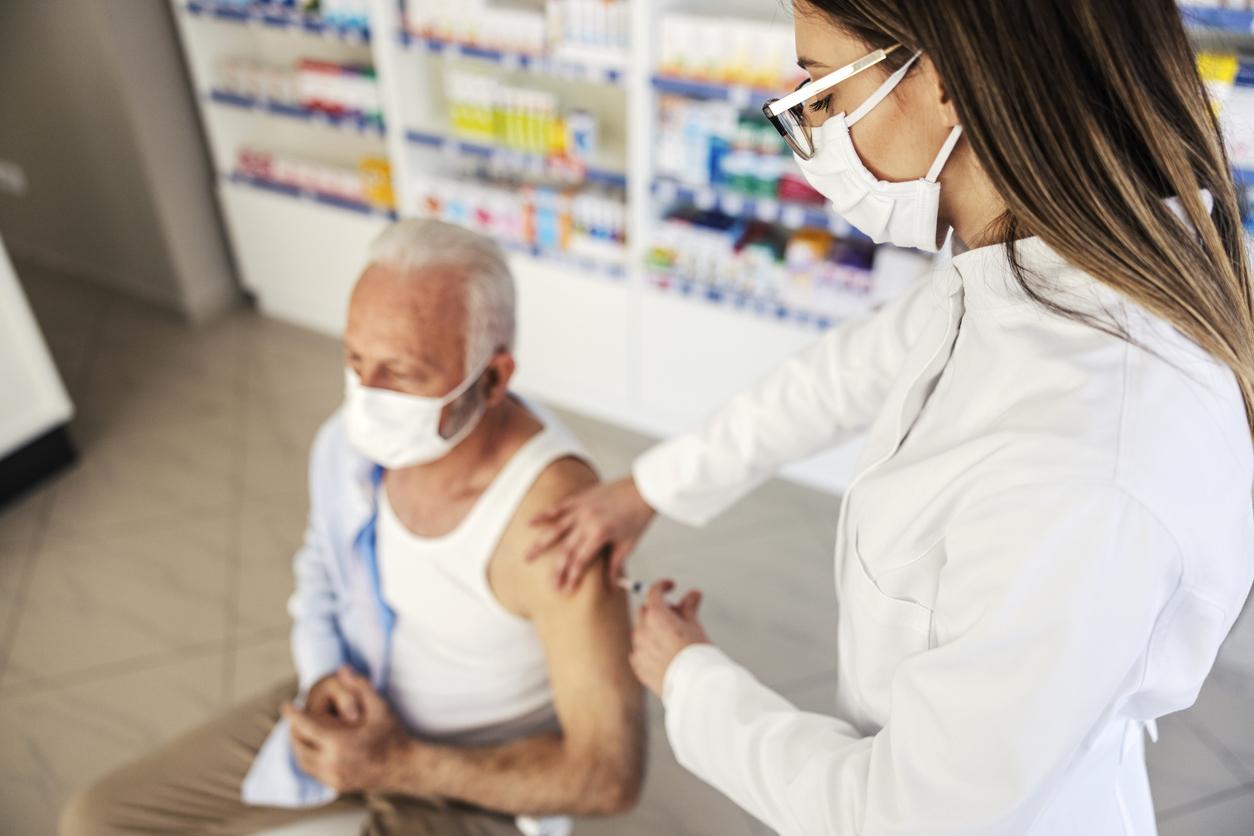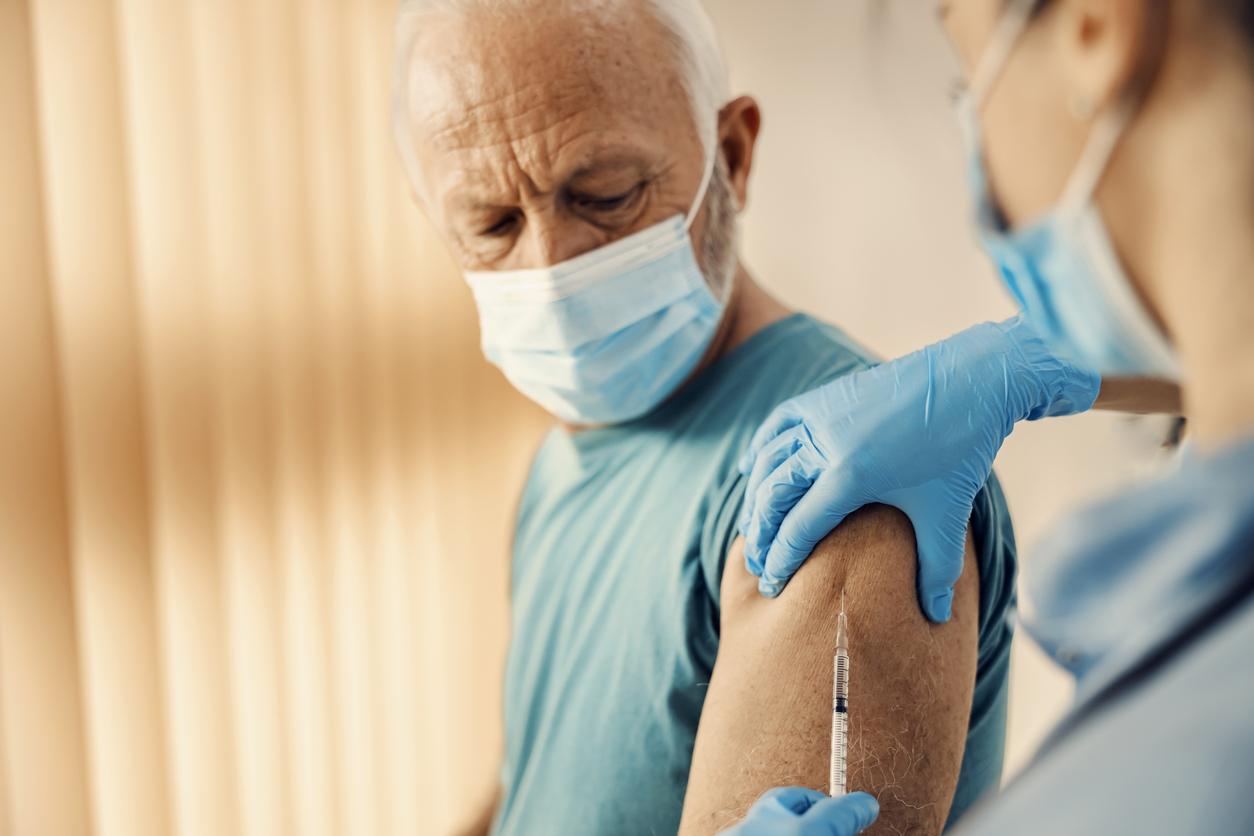According to a study by the National Institute for Health Surveillance (Invs), the rate of travelers who fall ill during stays abroad varies from 15% to 70% depending on the type of travelers, destinations and conditions of stay. Diarrhea is still the most common travel health problem, along with upper airway conditions (often due to the coronavirus), dermatoses and fever.
Whatever your destination, you must imperatively be up to date with the vaccinations registered on the vaccination schedule, knowing that some of the infections referred to may be endemic in the country of destination. This update is particularly important for vaccination against diphtheria, tetanus, poliomyelitis as well as for whooping coughand measles.
A number of travel illnesses can also be prevented by vaccination. here are the main recommendations of the Committee on Travel-Related and Imported Diseases (CMVI) in April 2015.
Japanese encephalitis
• Vaccination schedule: 2 injections on D0-D28. Last injection no later than 10 days before departure. Booster 12-24 months after the primary vaccination. People at continuing risk of infection with Japanese encephalitis virus should receive 1 booster injection 12 months after the primary series.
• Recommendations: stay in a rural area, during the transmission period.
tick-borne encephalitis
• Vaccination schedule: 3 injections at M0, M1 to M3, M5 to M12 (Ticovac®) or M9 to M12 (Encepur®) 1st booster: 3 years after the primary vaccination.
• Recommendations: stay in a rural or wooded area in an endemic region, from March to November.
Yellow fever
• Vaccination schedule: 1 injection at least 10 days before departure Duration of administrative validity: 10 years (likely to change).
• Recommendations: any stay in an endemic area.
Typhoid fever
• Vaccination schedule: 1 injection 15 days before departure Duration of protection: 3 years.
• Features: The protection generated by vaccination is only 50 to 80%. It does not replace universal hygiene measures.
• Recommendations: stay in precarious hygienic conditions.
Hepatitis A
• Vaccination schedule: 1st injection 15 days before departure. 2nd injection: 6-12 months later and up to 3 or 5 years, depending on the specialty.
• Vaccination schedule recommendations : groups at risk. Recommended for stays in a country where hygiene is precarious, whatever the methods and duration of the trip.
Hepatitis B
• Vaccination schedule: 2 injections at M0-M1 Booster 6 to 12 months later. In the event of imminent departure, accelerated protocol: 3 injections on D0-D7 (or D10)-D21). Booster 1 year after the 1st injection.
• Vaccination schedule recommendations : groups at risk. Frequent or prolonged stays in countries with a high or medium prevalence of chronic carriage of the virus.
Conjugate vaccines against invasive meningococcal C infections
• Vaccination schedule: 1 injection at least 10 days before departure.
• Recommendations for the vaccination schedule: up to 24 years inclusive. If staying in an endemic area during the dry season (December/June in the northern hemisphere); under conditions of close contact with the local population; in an area where there is an epidemic. Mandatory for pilgrimages to Saudi Arabia.
Conjugate vaccines against invasive meningococcal infections A,C,Y,W135
• Vaccination schedule: 1 injection at least 10 days before departure
• Recommendation : if staying in an endemic area during the dry season (December/June in the northern hemisphere); under conditions of close contact with the local population; in an area where there is an epidemic. Mandatory for pilgrimages to Saudi Arabia.
Rage
• Vaccination schedule: 3 injections on D0-D7-D21 at 28
• Recommendation : stay in an isolated region in a high-risk country.
Combined travel vaccines
Typhoid-Hepatitis A : 1 injection 15 days before departure Hepatitis A reminder: 6 to 12 months (up to 3 years) later. Stay in precarious hygienic conditions in an endemic area.
Hepatitis A- Hepatitis B : 2 injections at M0-M1 Booster 6 months after the 1st injection In the event of imminent departure: 3 injections at D0-D7-D21. Booster 1 year after the 1st injection. Frequent or prolonged stays in a country where hygiene is precarious and where there is a high prevalence of chronic carriage of the hepatitis B virus.
To check whether your destination is affected or not, go to the Institut Pasteur website. There are several international vaccination centers in France, including the Institut Pasteur but also Air France, certain hospitals, private vaccination centres, etc. Find out beforehand about the prices charged (which may vary) and the conditions.
Read also :
Infographic: the adult vaccination schedule
The simplified vaccination schedule for children
















